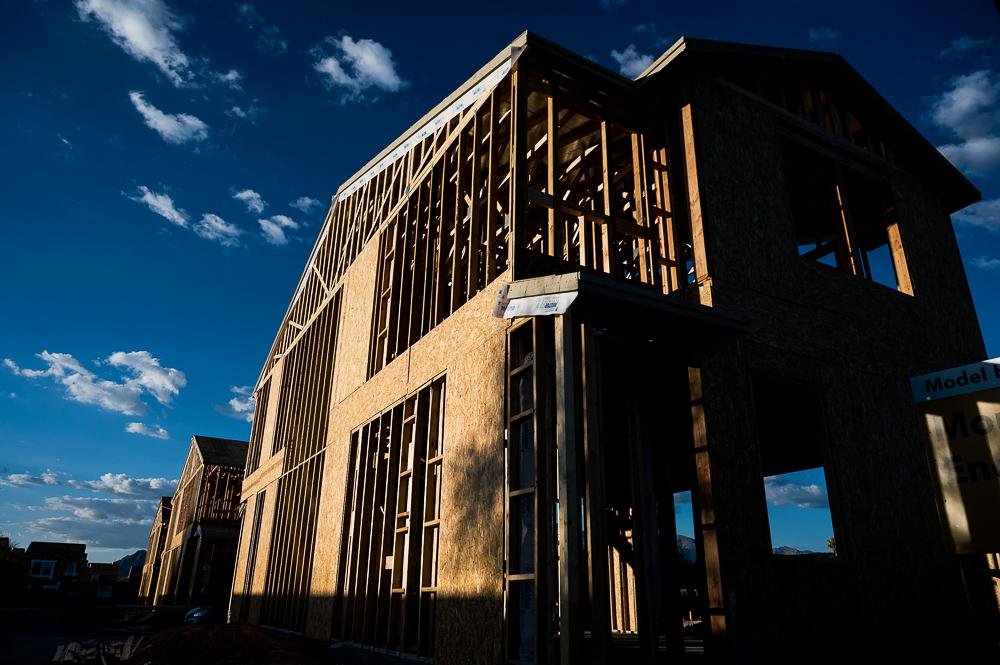arizona
Ciscomani’s Bold Move to Solve Arizona’s Housing Affordability Dilemma

The pursuit of homeownership often defines the American Dream, a reality that became apparent to a young graduate after witnessing their parents achieve this milestone. For this family, this dream transformed from living in a cramped two-bedroom apartment to owning a house they still reside in today. This journey symbolizes the aspirations of many immigrant families seeking stability through homeownership in the United States.
However, the dream of affordable housing is increasingly elusive. The current housing affordability crisis stems from a significant shortfall in the availability of affordable homes. Over the past 15 years, the U.S. has failed to build millions of necessary houses, resulting in soaring rental costs and home prices. This crisis hampers families’ abilities to live near their workplaces, schools, and communities, ultimately stifling community growth.
To address this pressing issue, a recent roundtable discussion was held in June, led by Arizona’s partnership with the Federal Home Loan Bank of San Francisco. This convening included housing experts and financial institution leaders, alongside contributions from the House Appropriations Committee’s Transportation, Housing and Urban Development Subcommittee. The objective was to explore both immediate and long-term solutions to the ongoing housing crisis.
Innovative ideas arose, including the introduction of a bipartisan initiative designed to enhance affordable housing production. The Speeding Up Production of Essential Residences (SUPER) Demonstration Act (H.R. 9195), co-authored with Rep. Wiley Nickel from North Carolina, aims to establish a pilot program in diverse communities across the nation. This initiative invites municipalities to showcase streamlined processes that foster affordable housing development.
What distinguishes this program is its financial framework. It utilizes unused COVID-19 relief funds, thereby imposing no additional costs on taxpayers. Furthermore, rigorous metrics will gauge the program’s effectiveness, ensuring responsible fund management while assessing successes and necessary adjustments. The urgency of the current housing supply crisis demands swift and effective solutions, and this initiative exemplifies a proactive, deregulatory stance.
The overarching goal of this legislation is to reduce bureaucratic obstacles for developers and foster collaborative efforts between public and private sectors. Success stories from various sectors have shown that public-private partnerships often lead to innovative solutions. By alleviating regulatory burdens, this approach aims to incentivize private investment while simultaneously decreasing construction time and costs for affordable housing—essential for addressing the nationwide housing dilemma.
Affordable housing is a critical component of community development, alongside public safety and job opportunities. The vitality of cities relies on their ability to provide secure housing for residents. The program focused on affordable housing represents an investment in the broader enhancement of communities, reinforcing the belief that housing stability is foundational for growth and development in Arizona.

















